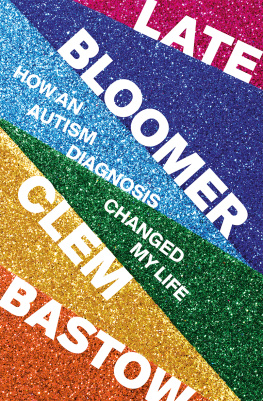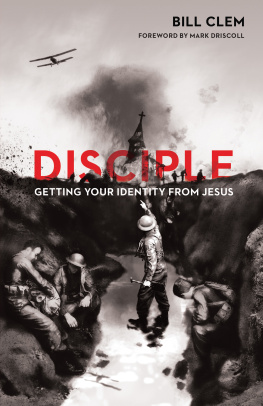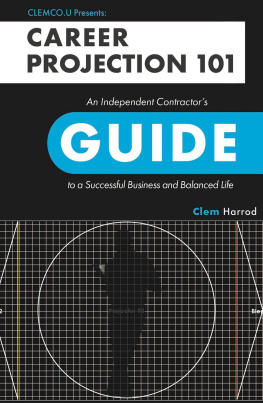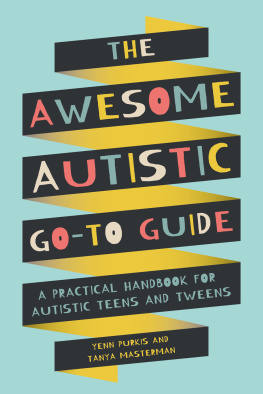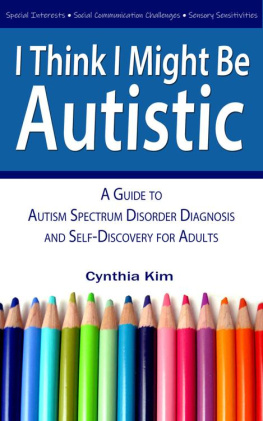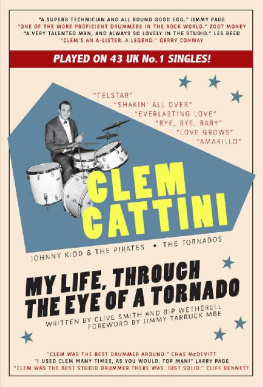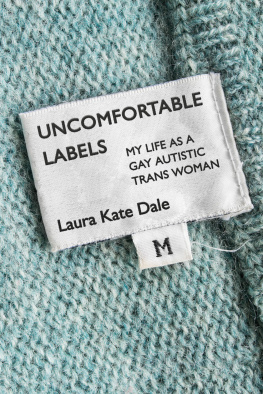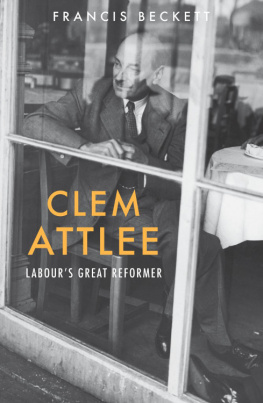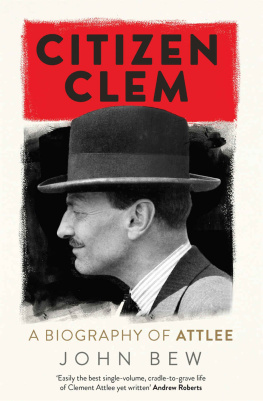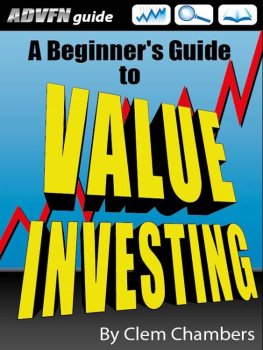For Mum, my hero
CONTENTS
You will notice that, outside of direct quotes from other writers, I capitalise the a in Autism. This is a personal choice, reflecting the importance of Autism to my identity and sense of community, though its a choice that many others make also. In capitalising Autistic and Autism, I am recognising that this is not just a condition, but a community and a culture.
I also use identity-first language rather than person-first (except where it would clash with someones personal preference, or where an alternative is used within a quotation): Autistic person rather than person with Autism. Again, this is a personal choice, though it is also one that is increasingly prevalent among Autistic people. I use identity-first language to reflect the fact that Autism is an important part of my identity. I may have been recently diagnosed with Autism, but I have been Autistic since birth.
Person-first language is often preferred by parents of Autistic children, and by some clinicians and therapists who work with Autistic people, due to concerns that their child or charge will be unduly stigmatised by identity-first language. I understand that this comes from a place of care, and from a desire to protect. However, while the intention is to affirm the person, the separation of their condition suggests there is nothing about Autism that could contribute to that persons worth. Identity-first language, on the other hand, believes that a person has worth because of their Autistic identity, not in spite of it.
Any use of functioning labels high functioning and low functioning outside of direct historical quotes will be placed in inverted commas. To many in the Autistic community, functioning labels are unhelpful at best and slurs at worst. Low functioning denies agency (such as the notion that a person is incapable of communication simply by virtue of being unable to speak), and high functioning prevents access to supports. Some Autistic people choose to self-identify as high functioning as a point of pride, or to distance themselves from Autistic people with higher or more complex support needs; this book is probably not for them. Similarly, nonspeaking is used where nonverbal might once have been expected. This is because nonverbal implies that a person has no forms of symbolic language, whereas nonspeaking simply means they do not use speech to communicate. The vocalisations that a nonspeaking person may make, while they are not words, are still vibrant and valid forms of intentional communication.
The neologism neurotypical is used to refer to people who experience, as queer Autistic scholar Dr Nick Walker puts it, a style of neurocognitive functioning that falls within the dominant societal standards of normal. It doesnt mean non-Autistic, but rather, is the opposite of neurodivergent. While humanity as a whole is neurodiverse, a person is neurodivergent. There are multiple types of innate neurodivergence, such as dyslexia and ADHD; my experience of neurodivergence is one of Autism. There is a lot of overlap between the Neurodiversity Movement and the Autism Rights Movement, but they are not quite the same thing.
Where I have mentioned a study of Autism, I have provided citations in endnotes. This is an act of academic accountability, but it is also political: it is a way to demonstrate, however subtly, that the Autistic person is so often viewed as an object, not a subject. There is a reference list at the end of the book, which provides both broader context and further reading for anyone who is keen to go deeper, but I have tried to avoid extensive endnotes, if only to pretend, for one brief, shining moment, that Im not a complete nerd. My reading of any studies (etc.) was based on what was current during the writing process, but Autism research is a dynamic field.
I could never hope to address every possible way Autism has manifested in my life (nor how it might manifest in others), so there may be some typical Autistic experiences, behaviours or symptoms that you are surprised to find dont get a look-in here. It may be that you read this book and think, Hey, what gives? I thought this was a book about Autism? Well, it is and it isnt: its the story of an Autistic persons life, written by that Autistic person. Some of it may be hard to read; indeed, some of it was hard to write. But I have been honest in my account of my lifes ups and downs as they intersect with my Autism because, as Autistic Self Advocacy Network co-founder Ari Neeman has put it, By being proudly Autistic in our moments of excellence as well as our moments of struggle, we help to change the public image of Autism and tell the world that we have much to offer.
Online reviews of so-called Autism memoirs often seem perplexed that these books do not involve the experiences of others throughout, as though one might pick up the memoirs of Nol Coward and come away disappointed that the book didnt go into great depths about the life of Gertrude Lawrence. For the most part, Late Bloomer concerns my own experience, though I have included the voices of other Autistic people to convey a sense of the diversity of experiences within the Autism spectrum. Some readers may see echoes of their own experience in mine indeed, I hope they do! Thats the nature of Autism; sometimes our Venn diagrams collide but I can only speak for myself. To give some sense of this diversity, I have included a chapter of short interviews that offer some insight into the lived experiences of a number of Autistic people I know. Some of their experiences are very similar to mine, and some are very different.
Every day I am inspired by and learn from the young Autistic people around me. Their self-actualisation astounds me; not having had that roadmap of earlier diagnosis and support, I can only look back on my life and consider the ways in which my strengths and challenges were intertwined with my Autism. In this way, Late Bloomer is not a memoir in a traditional sense, nor is it always chronological; to write and remember in neat order would be to deny the nature of my Autistic personhood.
Now get in my spaceship and lets go back in time.
Fucking asps.
Even though it takes, on average, probably about fifteen seconds to ascend from the Melbourne Central food court to Hoyts Cinemas, this might be the longest escalator ride Ive ever taken; its like someone has welded me to the step. I can see his words floating in the air before me, like theyre in a speech bubble: Fucking asps.
Its 25 July 2018, and Im here to see a movie
on a date?
just catching up??
being friends???
with a guy
I like?
who had subpar sex with me once so thus should probably be the recipient of my other free ticket to Mission: Impossible Fallout???
Im not sure I do actually like but now its too late oh god
I want to go home
and hes just gone on a tear about his painful day at work, because I asked as I have been led to believe a good Human Woman should ask, on a date or otherwise how his day was. His store was not, in case you were wondering, overrun by small snakes: asps is how he refers to Aspies, or people with Asperger syndrome, or Autism Spectrum Disorder, or Autism, who are evidently overrepresented in the clientele of the pop culture store he works at.
These fucking asps evidently had the temerity to ask for things they wanted to buy? From a shop where things are available to buy? (Im trying to keep up.) At this point its becoming clear that I, too, have been confused about the rules of engagement in pop-cultural retail for some time. Ha ha, I laugh, yeah . I stare somewhere off into the distance at a smear of bain-marie lemon chicken on the floor of the food court, wishing that Tom Cruise would come crashing through the Shot Tower and hold this dude down while I roundhouse kick him in the face (the dude, not Tom; Id never do that to Tom).

